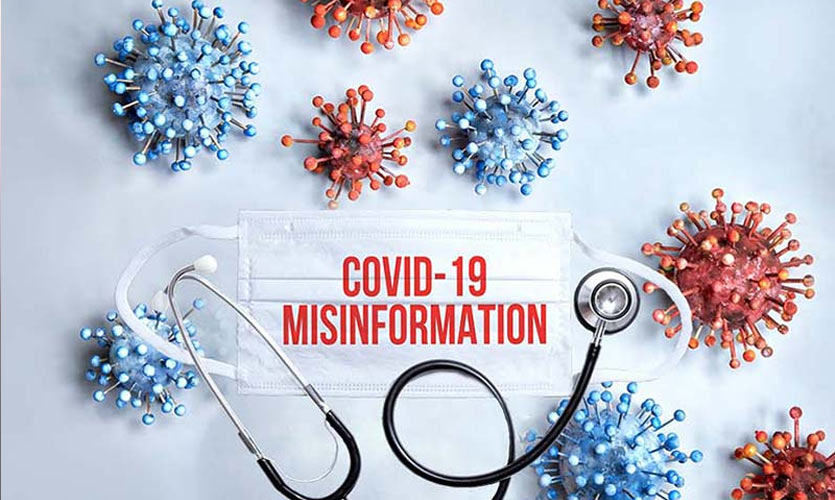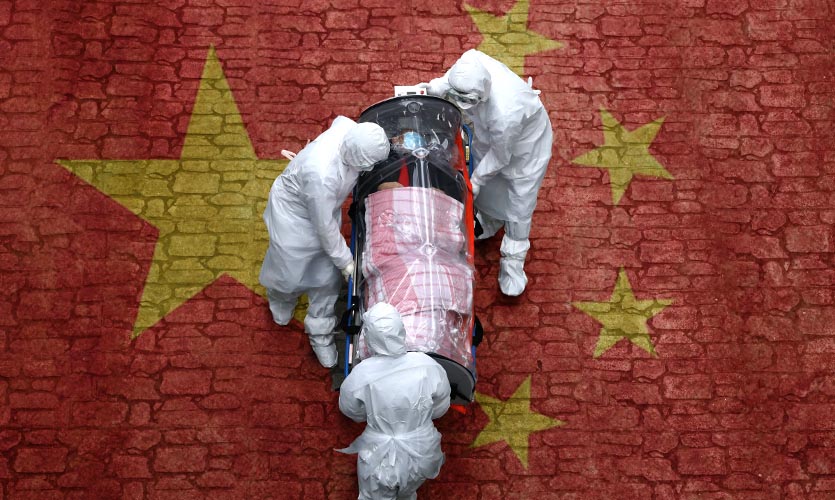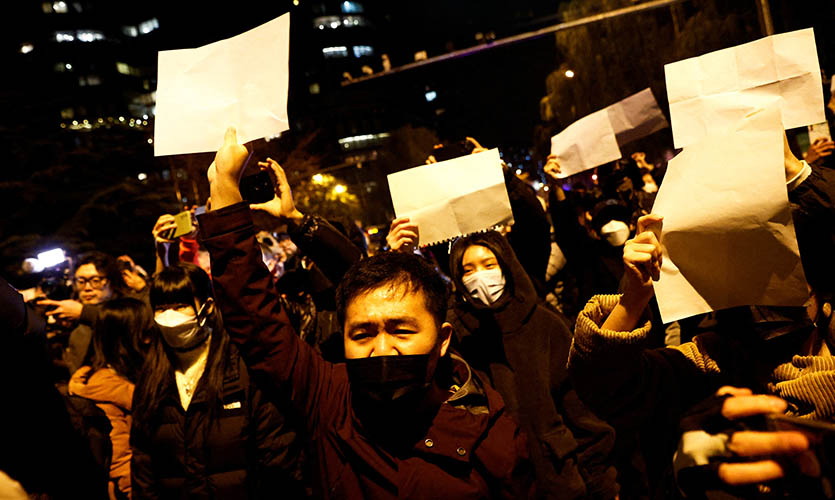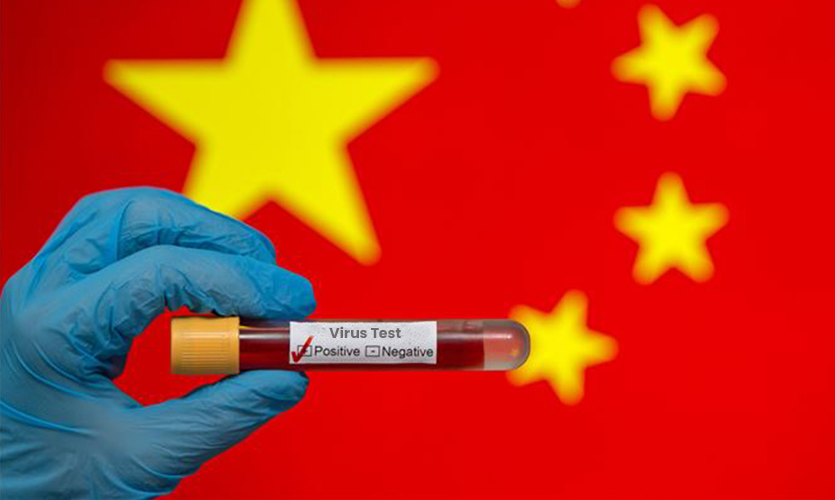A recent study on COVID-19 misinformation has unveiled the rampant spread of social media misinformation on the pandemic in India. The study conducted by Md. Sayeed Al-Zaman – a researcher from the University of Alberta in Canada – stated that India has produced and spread the maximum amount of misinformation on the pandemic through social media platforms, mostly because of the high internet penetration rate, increasing social media consumption and the lack of internet literacy among users.
“Of all the countries, India (18.07 per cent) produced the largest amount of social media misinformation, perhaps thanks to the country’s higher internet penetration rate, increasing social media consumption and users’ lack of internet literacy,” stated the study.
The study – ‘Prevalence and Source Analysis of COVID-19 Misinformation in 138 Countries’ – was published in Sage’s International Federation of Library Associations and Institutions journal. It purportedly analysed 9,657 pieces of misinformation circulated in and from 138 countries. Among the top four countries affected by misinformation were India (15.94 per cent), the US (9.74 per cent), Brazil (8.57 per cent) and Spain (8.03 per cent).
Citing an IAMAI-Kantar ICUBE report, the study stated that heavy usage of internet in the country can be one of the major reasons for the spread of misinformation. It noted that there were 299 million internet users in the previous year, which is 31 percent of India’s rural population. In urban India, the use of internet rose by 4 percent amidst the pandemic, taking the count of internet users to 323 million in 2020, which is 67 percent of the total urban population that year. An earlier report by Statista stated that that there are over 340 million Facebook users in India and if “India’s Facebook audience were a country then it would be ranked third in terms of largest population worldwide”.
Speaking to the Times of India, researcher Al-Zaman said, “I suspect that the weak information and communication infrastructure, less (digital) information literacy and information awareness among people could be the prime reasons for higher COVID misinformation in India.” He further added, “Misleading information surges when a crisis first appears, and reliable data isn’t readily available.”
Reportedly, Al-Zaman collected the data for the study from the website of International Fact Checking Network, which is a unit of US based research organisation Poynter. The study, which was fact-checked by 94 organisations, found that among the misinformation analysed, social media contributed to 84.94 percent of it and the internet as a whole contributed 90.5 percent. Among the social media platforms, Facebook produced 66.87 percent of misinformation on COVID-19.
However, this is not the first time that a study or research has indicated the spread of an epidemic of misinformation along with the pandemic in India. The World Health Organization (WHO) has also repeatedly warned that false information on the pandemic is putting people in danger.
In an Economic Times report last month, founder and editor-in-chief of NewsMobile, Saurabh Shukla said, “The misinformation that we are debunking is primarily around vaccines because we believe that serves the larger public good. We have collaborated with Facebook for a new initiative called COVISHAALA that has leading doctors on board to train citizens in detecting COVID-19 and vaccine-linked misinformation. We have also roped in our partner ‘Logically’ from the UK on this initiative.”
The same report quoted fact-checking website Alt News co-founder Pratik Sinha, who said, “There is a very dedicated anti-vaxxer group in India now. The Indian anti-vaxxer group is piggybacking on the American anti-vaxxer group. It could get bigger if we don’t deal with it at this stage.” He added, “Vaccination has gone into the realm of conspiracy theories and it’s very difficult to disprove conspiracy theories. A lot of misinformation is generated outside India.”
Read more: Unraveling India’s Current Vaccination Scenario
The spread of misinformation regarding the pandemic and the vaccination drive to contain its spread has ranged from stories about false cures and vaccines’ side effects to claims that Muslims spread the virus more potently. The spread of such widespread false information can also be credited towards propaganda generated by political sources. According to an Associate Press report, a University of Pennsylvania political scientist, Sumitra Badrinathan, who studies misinformation in India, said, “All of the propaganda, misinformation and conspiracy theories that I’ve seen in the past few weeks have been very, very political. Some people are using it to criticise the government, while others are using it to support it.”
A Google LLC spokesperson said that to contain the spread of misinformation and enable users to access credible information regarding the pandemic and vaccination, their online video sharing and social media platform YouTube has created a separate space where users can access reliable information in multiple Indian languages. “As part of this effort, 16 playlists in 8+ languages including English, Hindi, Tamil, Telugu, Kannada, Malayalam and Marathi covered multiple topics on vaccination, COVID-19 care and prevention, featuring content from the Ministry of Health and Family Welfare, MyGov India, leading hospitals such as AIIMS, Apollo Hospitals, Max Healthcare, etc.,” the spokesperson told the Economic Times.










